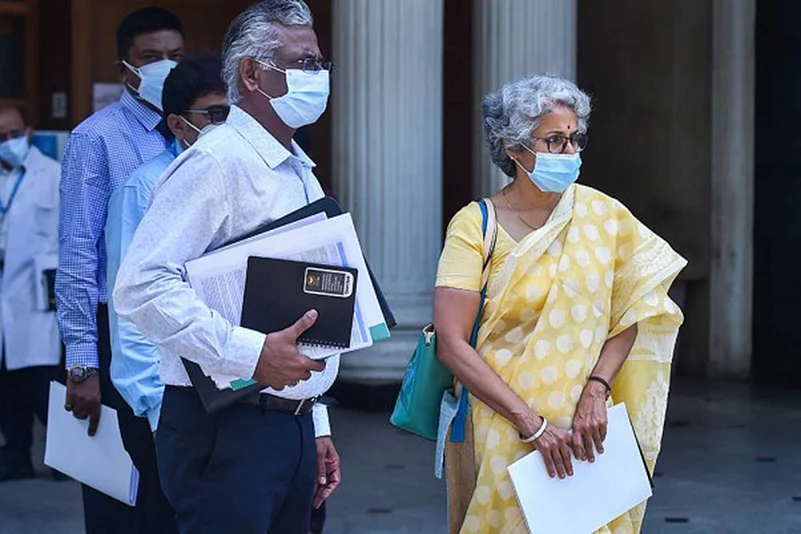The World Health Organisation (WHO) on Monday categorised the double mutant variant of coronavirus found in India as a “variant of concern”.
According to reports, WHO chief scientist Soumya Swaminathan also said that the Indian variant is more contagious and transmissible however, adding that it is not vaccine resistant.
In an interview to CNBC-TV 18, Swaminathan said that the double mutant variant comprises both the South African and Brazilian coronavirus strains.
“Surge in India increases chances of more dangerous variants emerging. Prelim data shows that Indian variant is more contagious. There is heterogeneity in India in terms of spread of Covid-19. WHO is concerned about number of cases and deaths in India. Globally, cases and deaths have plateaued, not in South Asia. South East Asia is seeing case rise owing to India. Overall numbers hide what is going on, need to go deeper in state, local level data," News18 quoted Swaminathan as saying.
Advertisement
At the moment, there are seven Covid-19 variants found in India—
1) Double mutant strain (B.1.617 variant)
The B.1.617 variant contains mutations from two separate virus variants, namely E484Q and L452R. The double mutant strain was found in samples of saliva collected from Maharashtra, Punjab, and Delhi.
2) UK Strain (B.1.1.7 Variant)
India reported the UK variant of coronavirus for the first time on December 29. Since then hundreds of cases of the new strain have been reported across the country, with maximum number of cases being reported in Punjab.
3) South African Strain (B.1.351 Variant)
According to reports, this strain was first reported in the country in February. This strain contains a mutation called N501Y that makes it more transmissible. According to the WHO, this variant “is less susceptible to antibody neutralisation” than other variants.
Advertisement
4) Brazilian Strain (P.1 Variant)
As of March 30, one case of infection of the Brazilian strain was reported in Maharashtra.
According to the Centres For Disease Control and prevention, all “these variants seem to spread more easily and quickly than other variants, which may lead to more cases of Covid-19.”
5) N440K Variant
This variant has been reported in many parts of South India mainly in Andhra Pradesh and Telangana.
As per reports, it is 15 times more virulent than the original variant because if a person gets infected with the original variant, he/she would reach the dyspnea or hypoxia stage within a week, but if a person gets infected with the N440K variant, he/she would reach the serious condition-stage within just three-four days.
6) B.1.617 Variant
7) B.1 Variant
Little is known about the last two variants scientists have said that they are more dangerous than the N440K variant.




















